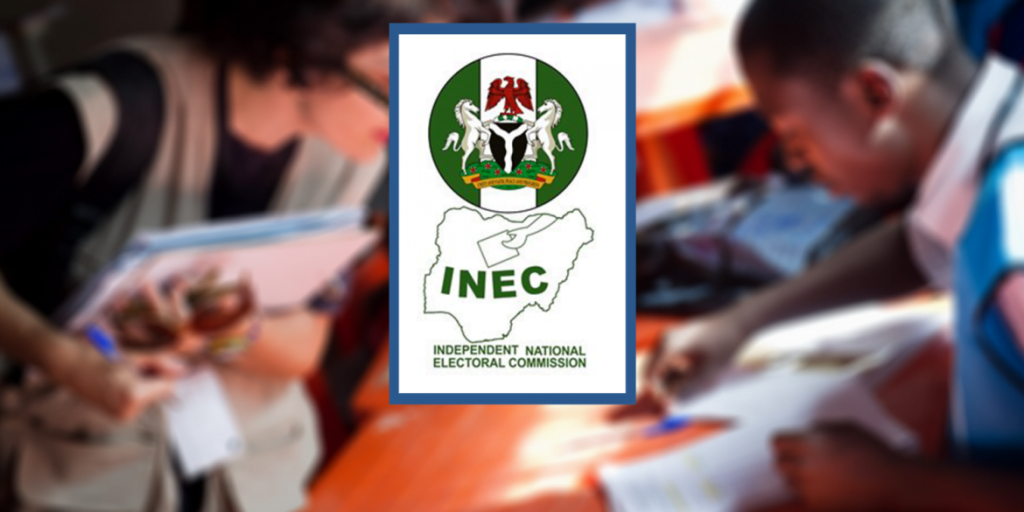Nigeria’s journey towards the 2027 general elections has begun with the Independent National Electoral Commission (INEC) launching a nationwide Continuous Voter Registration (CVR) exercise. The initial phase of this crucial process, the online pre-registration, has witnessed significant public engagement, with over 3.5 million Nigerians completing their online applications within the first three weeks. This impressive turnout underscores the growing awareness and enthusiasm among citizens regarding their civic duty and the importance of participating in the electoral process. The online platform has proven to be an effective tool in reaching a broad spectrum of the population, particularly the youth demographic, who constitute a substantial portion of the registered voters.
A detailed analysis of the online pre-registration data reveals interesting demographic trends. Notably, a near-equal gender distribution is observed, with a slightly higher percentage of female registrants (51.76%) compared to their male counterparts (48.24%). This signifies a positive shift towards greater female participation in the electoral process. Furthermore, the data highlights the dominant role of young Nigerians in the registration exercise. Individuals aged 18 to 34 years make up a substantial 64.65% of the online registrants, reaffirming the significance of the youth vote in shaping the future political landscape of the country. The significant presence of students (24.89%) within the online registrations further emphasizes the rising political consciousness among young, educated Nigerians.
In addition to the robust online registration drive, INEC has also initiated the physical, in-person registration phase of the CVR exercise. While the online platform serves as a convenient entry point, the physical registration component ensures that all eligible citizens, including those with limited access to digital resources, have the opportunity to participate in the electoral process. Preliminary data from the in-person registration further corroborates the trends observed in the online data, particularly the overwhelming participation of young people. This dual approach adopted by INEC – combining online and physical registration – is crucial for maximizing inclusivity and ensuring that the electoral register accurately reflects the demographic composition of the Nigerian electorate.
A state-by-state breakdown of the online pre-registration figures reveals interesting regional variations in voter engagement. Osun State leads the pack with the highest number of online registrants, followed closely by Lagos and Ogun states. These figures may reflect varying levels of awareness, access to technology, and mobilization efforts within different states. It is essential for INEC to continue its voter education and outreach campaigns, especially in states with lower registration numbers, to ensure that all eligible citizens have equal opportunities to participate in the electoral process. This decentralized analysis allows INEC to identify areas requiring targeted interventions to enhance voter participation.
Beyond the raw numbers, the demographics offer valuable insights into the evolving voter landscape. The consistent dominance of the youth demographic, particularly those aged 18-34, across both online and physical registrations underscores their growing influence in Nigerian politics. This trend necessitates that political parties and candidates tailor their campaigns and policies to address the concerns and aspirations of this crucial segment of the electorate. The high representation of students within the registered voters further emphasizes the increasing political awareness among young, educated Nigerians, who are likely to play a decisive role in future elections.
The successful implementation of the CVR exercise hinges on continuous public engagement and collaboration. INEC has expressed its appreciation for the support received from citizens and civic organizations in mobilizing potential voters. Their efforts in disseminating information about the registration process and encouraging eligible individuals to register have played a vital role in the initial success of the CVR. This collaborative approach, involving both governmental bodies and civil society organizations, is essential for ensuring the integrity and inclusivity of the electoral process. To maintain this momentum, sustained voter education and mobilization efforts are crucial, especially as the registration period progresses and the 2027 elections draw nearer. By fostering a culture of active civic participation and facilitating easy access to voter registration, INEC can ensure a robust and representative electoral register that reflects the will of the Nigerian people.


